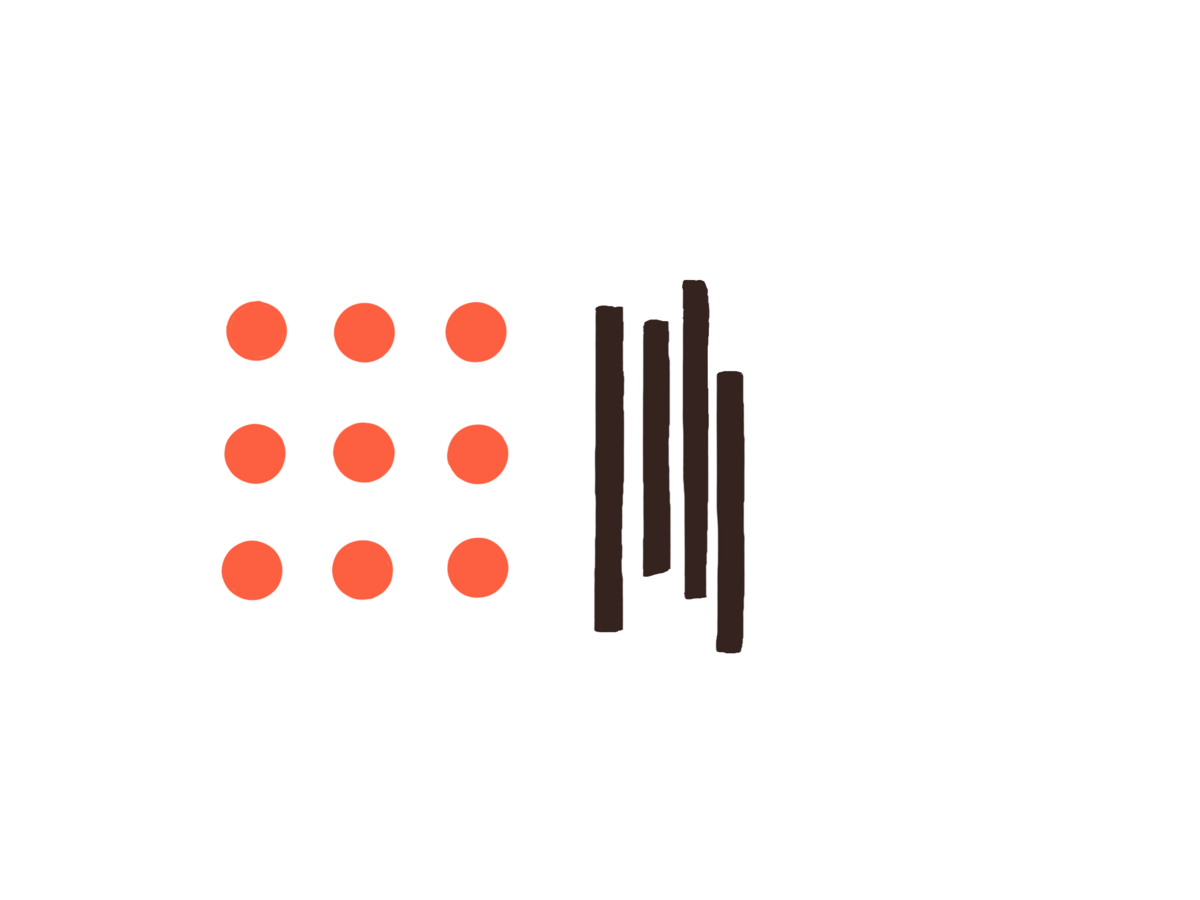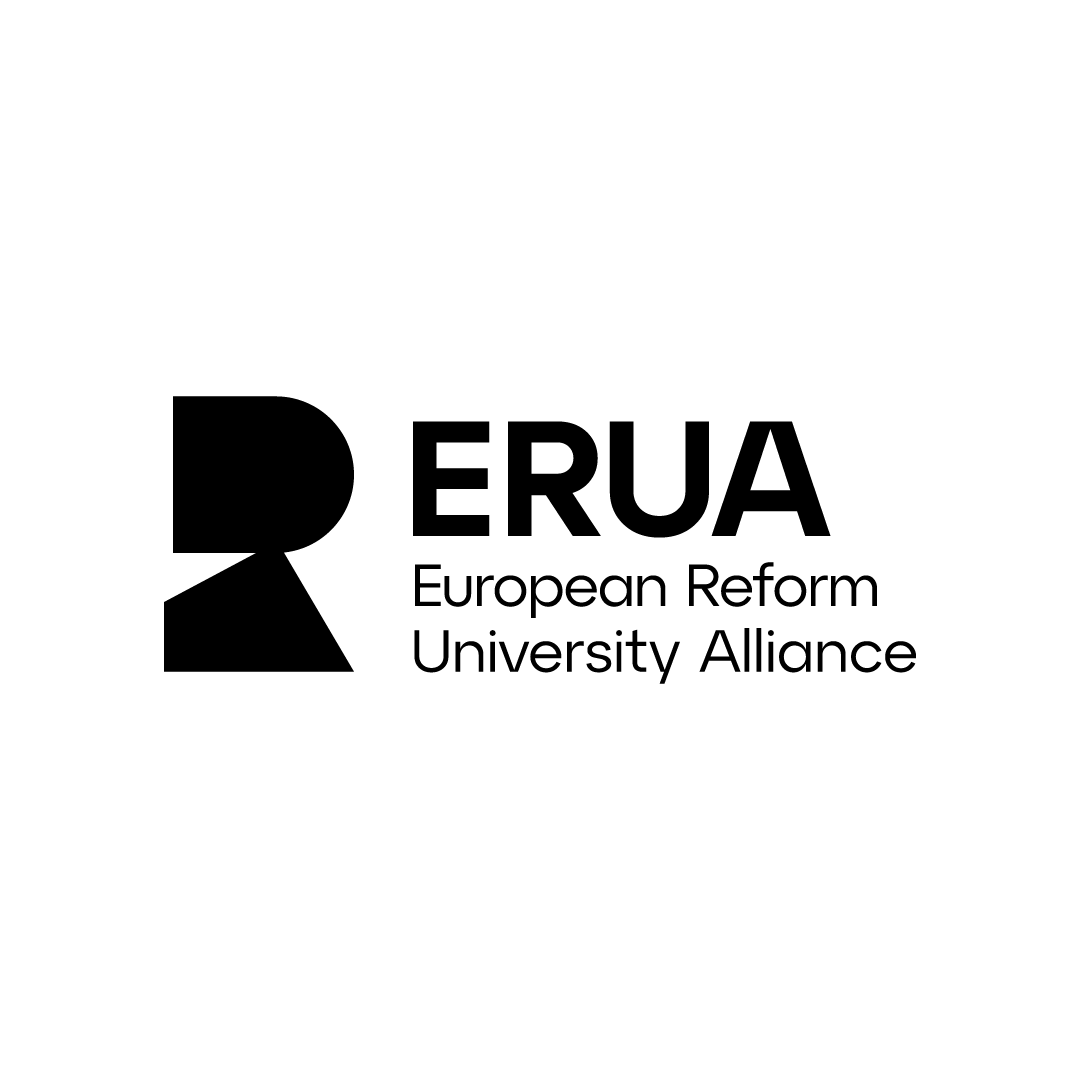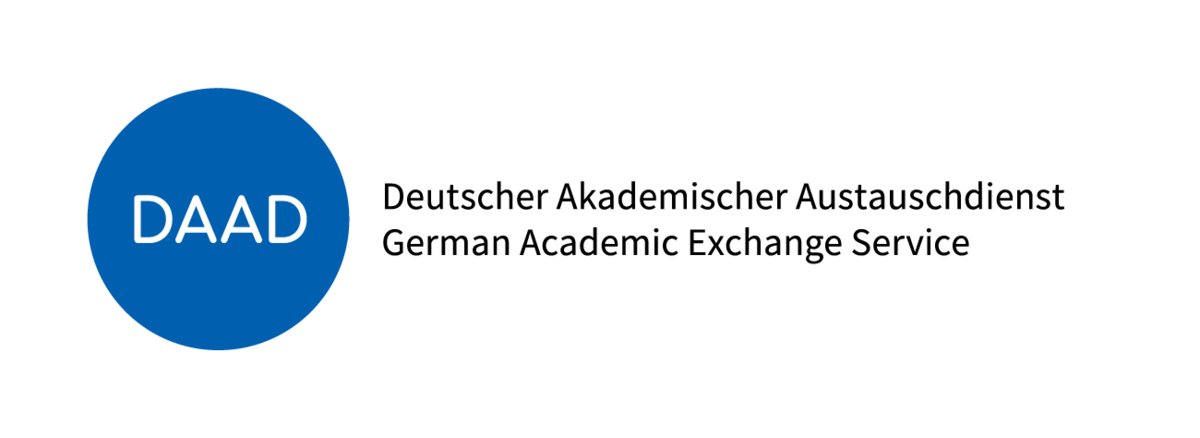
Critical Thinking
A project of the European Reform University Alliance ERUA
Critical Thinking essentially means the ability to engage independently, reflexively and sceptically with processes of thinking and argumentation and thus enables "assuming responsibility for the quality of one's own thinking" (Kruse 2017, 11).
In studies and teaching, it is particularly in demand where (still) unsecured or missing knowledge is negotiated, but it also sifts through the thought routines and conventions of the respective subject.
Critical Thinking can develop where it is specifically stimulated and trained. The aim is not only to be able to ask critical questions within the discipline and to be able to formulate and argue positions in a well-considered manner, but also to apply this ability in non-academic dealings with (supposedly) secure information and knowledge.
Thinking for oneself means seeking the supreme touchstone of truth in oneself (i.e. in one’s reason); and the maxim of always thinking for oneself is enlightment.
In order to promote critical thinking, didactic elements that are already partly used in one's teaching practice can be consciously integrated into teaching in order to create a favourable teaching-learning atmosphere.
The various skills that enable critical thinking, such as argumentation competence, independence and problem-solving action, can be acquired above all in open-ended learning contexts in which students experience themselves as self-effective and master collaborative learning research and project tasks. Teachers accompany these processes, provide guidance, assistance and access to materials, enrich with methodological and subject knowledge, give feedback and create opportunities for peer feedback.
As teachers, promoting and demanding critical thinking can therefore also mean taking a self-reflective look at one's own teaching activities and not only creating spaces for such reflection in teaching, but also using them oneself.
Moreover, it is a peculiarity of the higher scientific institutions that they always treat science as a problem that has still not been fully resolved and therefore remain constantly engaged in research […]. The relationship between teacher and students will therefore become quite different […]. The former does not exist for the latter, both exist for science.

Connect the 9 dots with 4 strokes without putting the pen down.
In the course of the project, further training offers will increasingly be included in the ASD's programme of courses that deal specifically with the possibilities for promoting critical thinking in teaching.
Within the already existing offers of the ASD, teachers can, for example, in a first step, explore their possibilites for creating a conducive teaching-learning atmosphere by examining the basics of higher education didactics or, within the framework of practical counselling among colleagues, broaden their view of their own teaching activities and benefit from the perspectives and experiences of other teachers.
External Page
To view this content (source: www.xyz.de ), please click on Accept. We would like to point out that by accepting this iframe, data could be transmitted to third parties or cookies may be stored.
You can find more information on our privacy policy .
References
Introduction
Dirk Jahn: Was ist kritisch konstruktives Denken und wie kann man es fördern? Eine Handreichung für Lehrende (Hochschuldidaktische Aufsätze 7 (2015))
For ideas from teaching practice
Dirk Jahn: Verantwortung für das eigene Denken und Handeln übernehmen: Impulse zur Förderung von kritischem Denken in der Lehre, in: ders., Alessandra Kenner, David Kergel u. Birte Heidekamp-Kergel (Hg.): Kritische Hochschullehre. Impulse für eine innovative Lehr-Lernkultur, Wiesbaden: Springer 2019, S. 19-46.
die hochschullehre. Interdisziplinäre Zeitschrift für Studium und Lehre 5 (2019): Themenheft: Kritisch. Denken. Lernen. Herausforderungen und Ansätze für fachbezogene Hochschuldidaktik in den Geistes-, Kultur- und Sozialwissenschaften, hg. v. Anja Centeno García u. Anne Cornelia Kenneweg.
Norman Sieroka, Vivianne I. Otto, Gerd Folkers: Kritisches Denken in Lehre und Forschung – warum und wie?, in: Angewandte Chemie 130 (2018), S. 16812-16813.
Further reading
Martin Davies u. Ronald Barnett (Hg.): The Palgrave Handbook of Critical Thinking in Higher Education, New York: Palgrave Macmillan 2015.
Otto Kruse: Kritisches Denken und Argumentieren, Konstanz: UVK 2017.
Jonas Pfister: Kritisches Denken, Stuttgart: Reclam 2020.
Background to the project
Funded by the DAAD as part of the national initiative EUN (European University Networks) and integrated into the European Reform University Allianc ERUA, a project is being developed to promote critical thinking as a key competence among students and doctoral candidates - on the one hand, through corresponding training offers for MA students and doctoral candidates from the five ERUA partner universities, and on the other hand, through further training opportunities for lecturers at the University of Konstanz to specifically promote critical thinking in their teaching formats.

Solution to the riddle:
Critically reflect on the framework of one's thinking.

A project of the European Reform University Alliance ERUA

Promoted by
